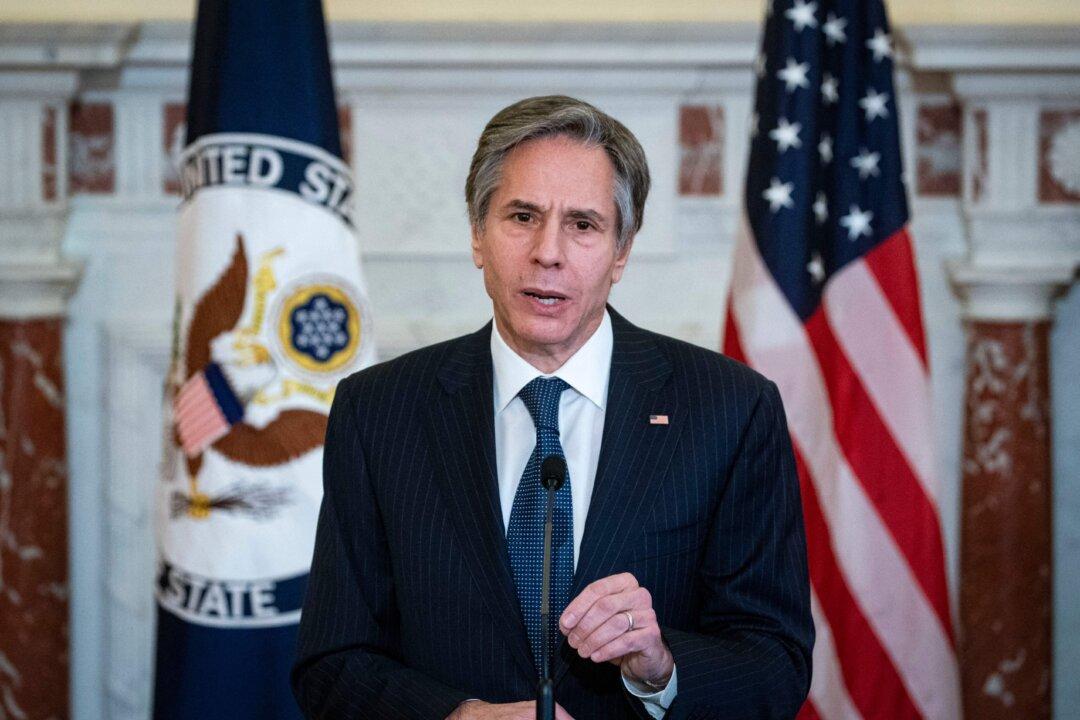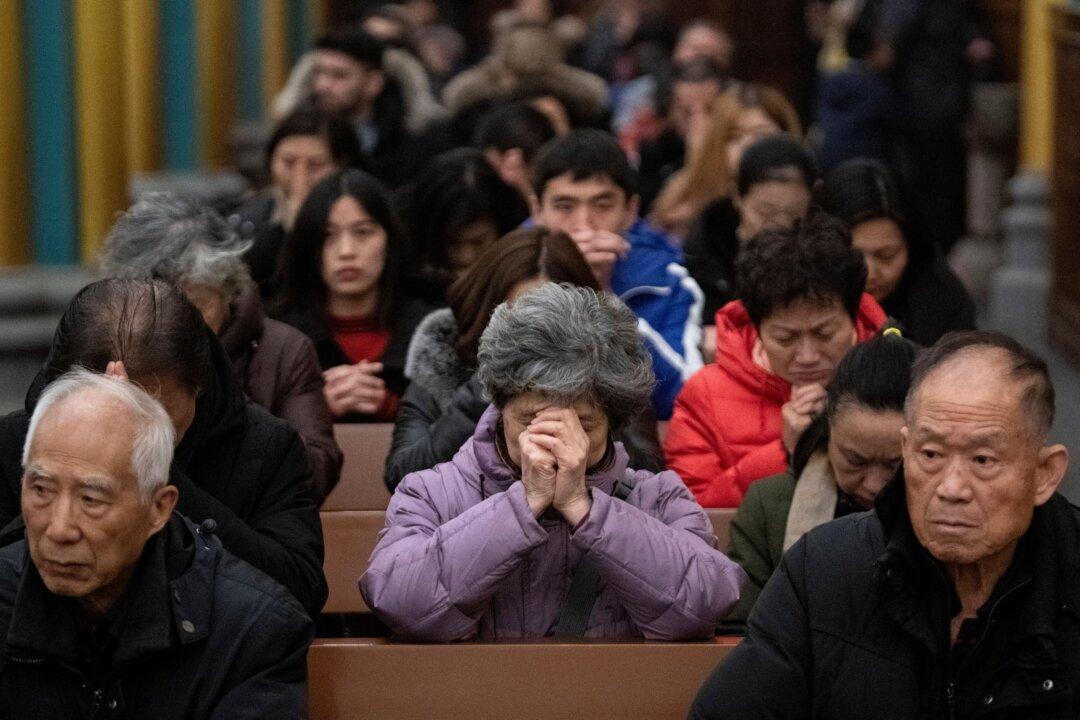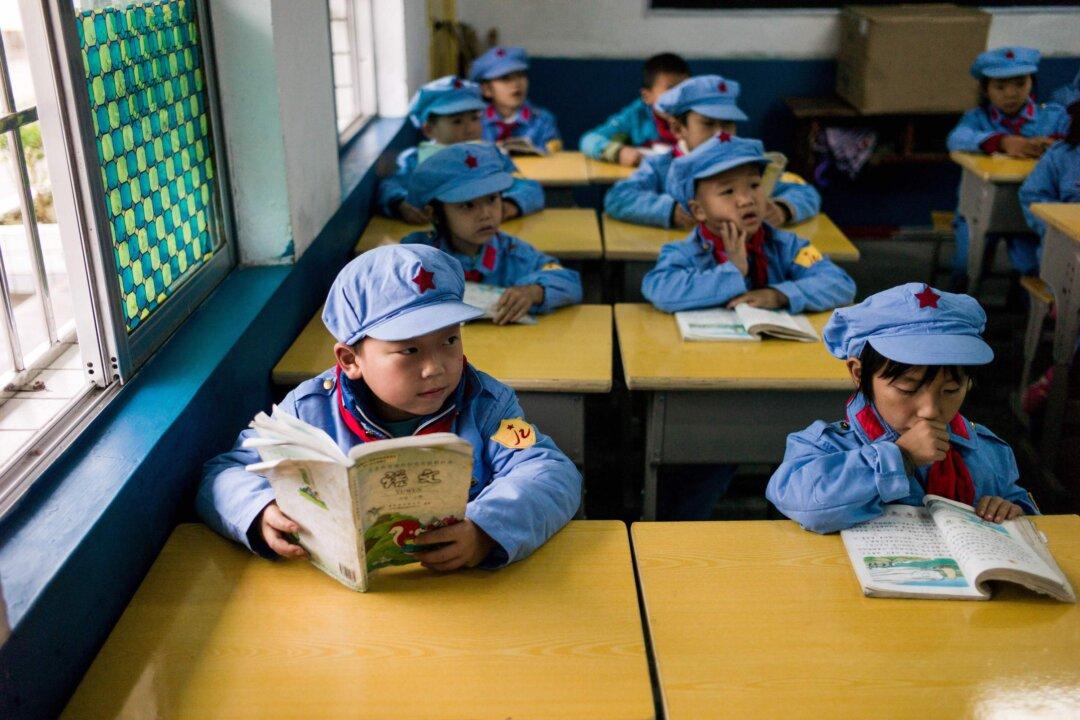Commentary
On March 30, U.S. Secretary of State Antony Blinken announced what some saw as a fundamental change in American foreign policy. The United States, Blinken said in presenting the Department of State’s 45th annual report on human rights in the world, will “repudiate the unbalanced views” that placed religious liberty at the top of a hierarchy of human rights.





